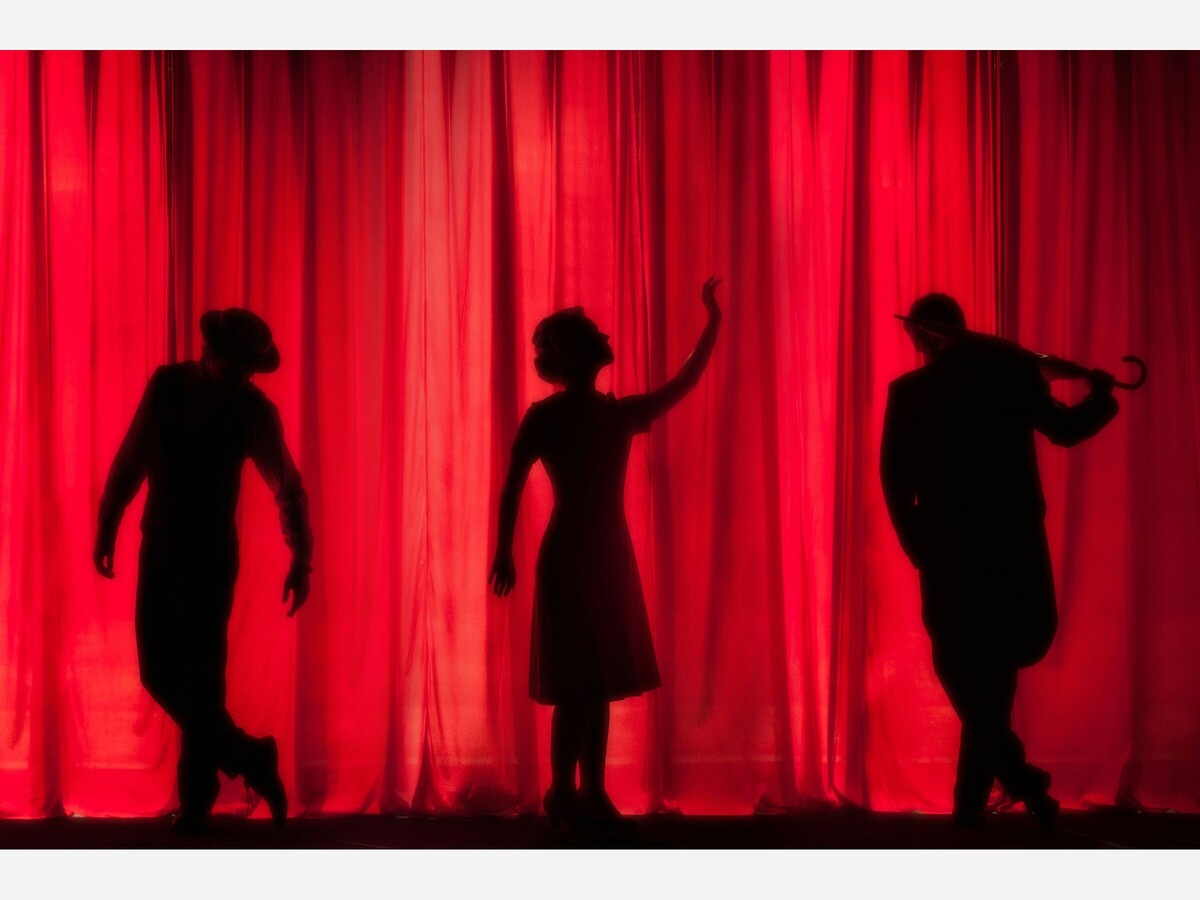Image


How The Theater Department Affects School Performance
By Mia Powers
There are over 1,200 youth theater programs across the country. Programs where kids can learn the art of theater and perform onstage, the glitz and glamor of showbiz hides it all. But being in the spotlight can weigh down on a student, and affect their performance in school. Many Nashua North students participated in an online survey, and gave their thoughts on how participating in theater, both inside of school and outside, affects their lives.
“I’ve met many people in my theater years. They are all very kind and talented, I owe them some of the best times of my teen years,” Raylynn Despres, a sophomore at Nashua North, replied.
Website On The Stage reports that one of the most beneficial parts of theater is the community, “Taking social risks, expressing oneself freely, and connecting with others will build self-esteem.”
Kids are gaining the confidence they need to approach people and make new friends both on and offstage.
“I find that theater helps me get out of my shell and make new friends that I would have never even talked to without theater,” commented freshman Iris Saunders.
On The Stage notes that theater is a teamwork, both on and offstage. Kids learn how to work together, and with people that they might not always work well with in other circumstances.
“Theater has positively affected my mental health, which made completing school work promptly with above average grades a lot easier,” Katie Johnston, an upcoming freshman explained.
Forbes states, “Studies have shown that participation in theater arts can improve analytical thinking skills and communication and boost creativity, all of which contribute to a higher likelihood of graduation and further education.”
“Usually having after-school activities improves my performance in school,” added Maya Bouchard. But that’s not the case for all students.
“You usually stay late after school for theater and it’s incredibly annoying when you have homework. It’s fine if you get it done when you’re not on, but generally you don’t have time,” Declan Corbett, a freshman at North, explained.
“Once we start having late nights during hell and tech week that’s when my grades take a toll for the worst and I’m quite literally sleeping in every class,” Anna Santorsa commented.
But theater doesn’t always have a positive impact on kids’ lives. Studies have shown that children who take part in theater, or even in the music department as a whole, are more likely to be the targets of bullying. Pacific Standard reports, “But a new study reports these long-term advantages come at a substantial short-term cost: The kid who carries a violin case, or is quietly practicing her lines, is more likely to be “accidentally” tripped in the hall, or subjected to nasty gossip.”
“A lot of kids think that they are going to get bullied if they do the school play, but in reality it’s just like another hobby, like sports. Other people’s opinions shouldn’t matter and we need more people to understand that theater is probably one of the best experiences you will have. We need to change the opinions of other students that the school play is a good idea to join.” Rebecca Carey says.
When asked how they think school-theater relationships could improve, North Students had much to say. “I think tech weeks need to be shorter! Way shorter! If students don’t sleep they can’t perform well onstage or in school!” senior Sophia Scribner states.
“As long as everyone stays as understanding as they are with sports things getting in the way, then I think everything will be fine!” Despres concluded.